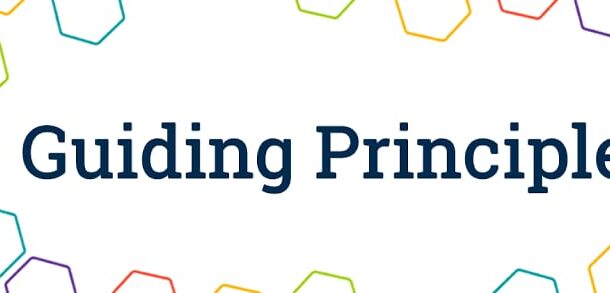Kenya’s progressive approach to justice is marked by the adoption of diversion as a means of resolving criminal cases without resorting to full judicial proceedings.
This innovative approach is guided by a set of key principles that prioritize responsibility, accountability, rehabilitation, transparency, and the overall well-being of the public.
Understanding and adhering to these principles is crucial for a justice system that aims to balance the interests of offenders, victims, and the broader community.
Acceptance of Responsibility
Individual Accountability
Diversion places a strong emphasis on the acceptance of responsibility by the offender. Acknowledging one’s actions is seen as a crucial step towards rehabilitation and reintegration into society. By taking responsibility, offenders actively engage in the process of addressing the harm caused by their actions.
Accountability to the Victim
Victim-Centered Approach
Diversion recognizes the importance of accountability to the victim. Offenders are encouraged to understand the impact of their actions on victims and take steps towards making amends. This principle fosters a sense of justice for victims and promotes healing by actively involving them in the resolution process.
Restitution, Rehabilitation, and Reintegration
Holistic Approach to Justice
Diversion seeks not only to punish but to restore balance and address the root causes of criminal behavior. The principles of restitution, rehabilitation, and reintegration guide the process, aiming to not only compensate victims but also to help offenders reintegrate into society as law-abiding citizens.
Transparency
Openness in the Process
Transparency is a cornerstone of the diversion process. Clear and open communication ensures that all stakeholders, including offenders, victims, and the broader community, understand the decisions made during diversion. This principle reinforces trust in the justice system and underscores its commitment to fairness.
Public Interest, Confidence, Safety, and Well-being
Balancing Public Interests
Diversion operates within the framework of the public interest, considering the safety and well-being of the community. By diverting cases away from formal judicial proceedings, the justice system aims to achieve a balance that promotes confidence in the system while ensuring the safety of the public.
Conclusion
The guiding principles for diversion in Kenya represent a significant stride towards a more nuanced and compassionate justice system. By placing responsibility on offenders, prioritizing victim accountability, and adopting a holistic approach to justice, Kenya’s diversion process seeks to go beyond punitive measures.
Transparency and a focus on the public interest contribute to a justice system that not only resolves cases efficiently but also fosters confidence, safety, and the overall well-being of the community. As Kenya continues to navigate the landscape of justice, these guiding principles serve as a compass, steering the course towards a more equitable and compassionate legal framework.




